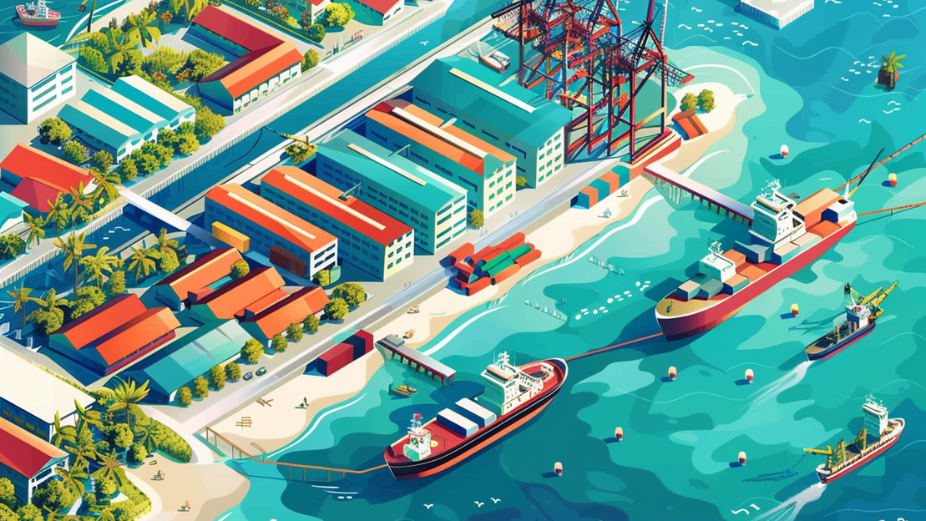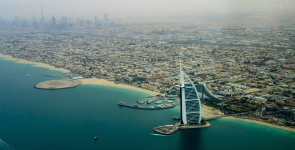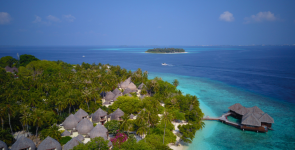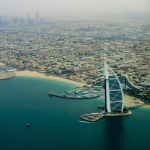The Maldives may be on the cusp of a profound transformation. Discussions are afoot regarding the development of a major seaport, a move that has the potential to reshape the nation’s economy and its geopolitical significance within the Indian Ocean.
A Strategic Location
The Maldives occupies a vital position astride some of the world’s busiest shipping lanes. Thousands of vessels carrying everything from oil to manufactured goods traverse these waters annually. A modern, well-equipped seaport could become a valuable hub for transshipment, refueling, and maintenance services, providing a compelling alternative to existing regional ports.
Economic Diversification
The Maldivian economy has long been heavily dependent on tourism, a sector both lucrative and vulnerable to global shifts. A large seaport would represent a vital step toward economic diversification. Such an undertaking would generate employment opportunities, stimulate ancillary industries, and potentially provide a significant stream of revenue for the government.
The potential benefits for a nation like Maldives are immense. It could potentially secure a sustainable future, not just relying on a single economic pillar.
To Outsource or Not?
The question of who should develop and operate the proposed seaport is a complex one, with increasing political overtones. Former President Abdulla Yameen Abdul Gayoom publicly alleges that the government secretly plans to sell Male’s commercial port to Dubai Ports World once the proposed Thilafushi port is operational. Yameen insists this would be a significant economic crime, highlighting the nation’s strategic location on vital East-West trade routes.
The government has refuted Yameen’s claims, maintaining there are no plans to privatize the Thilafushi port or outsource its control to a foreign entity.
The alternative is for the Maldivian government to undertake the project itself. It’s a pathway with greater control, but also greater risk and potentially slower execution.
Environmental Considerations
The development of a major seaport in the Maldives would undoubtedly have environmental implications. Dredging, land reclamation, and increased vessel traffic could potentially disrupt marine habitats already vulnerable to climate change. A stringent environmental impact assessment and sustainable design principles are critical.
The Geopolitical Dimension
Amid rising tensions in the Indo-Pacific region, the potential of a Maldivian seaport has caught the attention of major powers. Yameen’s accusations add to a complex geopolitical backdrop, where India, China, and the United States have expressed varying degrees of interest. The Maldives will need to tread carefully to maintain its neutrality and avoid becoming a pawn in a larger strategic game.
The question of a seaport for the Maldives is a defining one. Choices made today will echo for decades, determining whether the Maldives will become a maritime power or remain dependent on external actors.



















